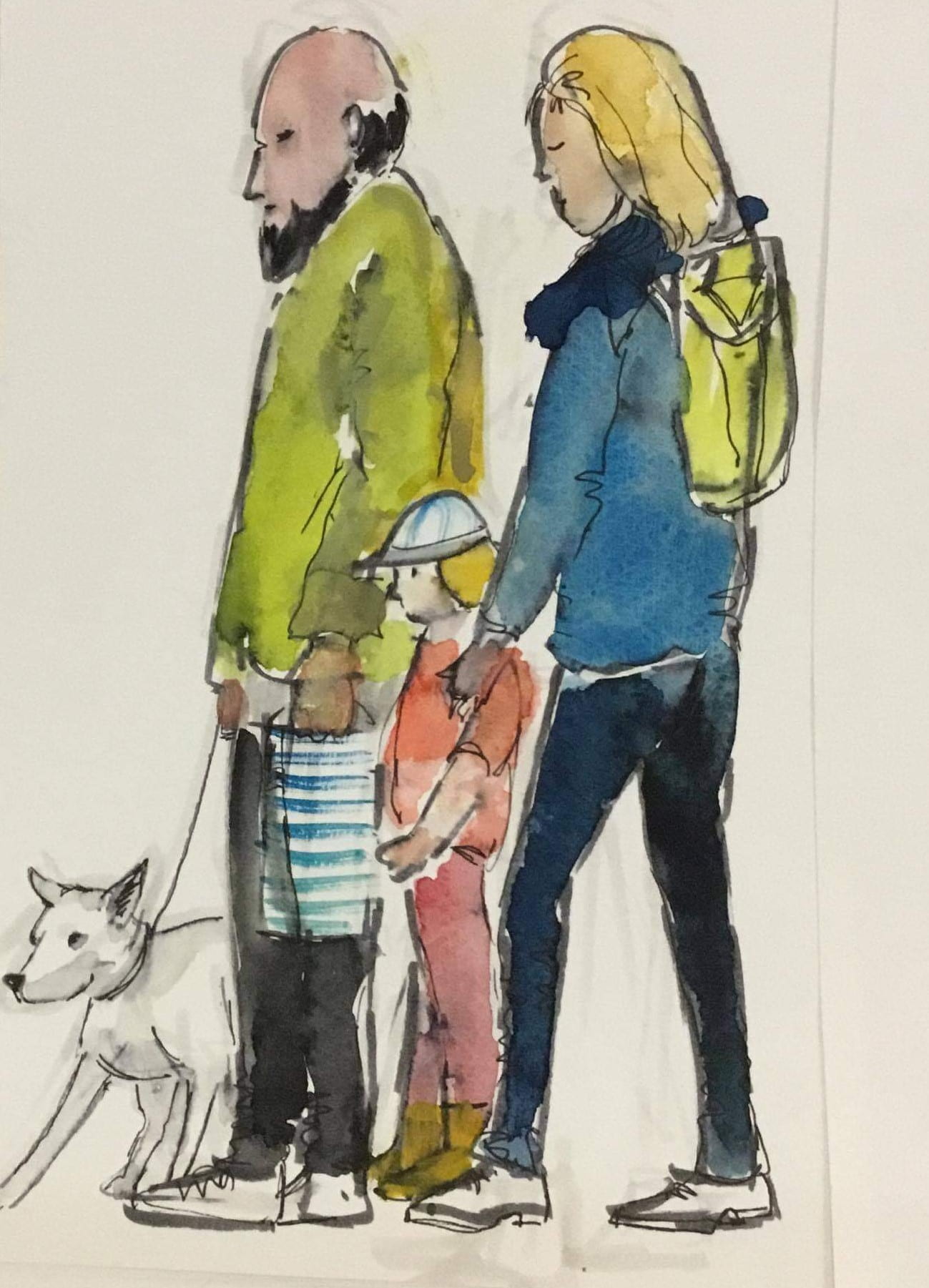This is part two in a series about what has worked for me during a year of busy academic travelling.

Part 2: Getting There and Being There.
In this post I’m going to cover plane (and train) travel, exploiting your accommodation, and your “kit”.
For the previous post: Part 1: Preparing For The Trip.
[Updated 23/10/2011]
1. Don’t Write Your Talk on the Plane Mrs Jones
While it’s true that you can get a surprising amount of work done while sat in your seat at ten thousand metres up, the nature of that work should ideally never be the talk you’re about to give. Two reasons:
1. Your laptop can and will fail. This happened to me twice this summer: once at the very beginning of the trip, and once halfway through the conference but before I gave my talk. Both times my talk was done and safely saved to my Dropbox (more on that later), and it turned what could have been an absolute disaster into just a small annoyance.
2. Travel is stressful and unpredictable enough without leaving writing your talk until that 2/5/8/13 hour journey. And it doesn’t matter how long the journey, you really only have the battery life of your computer to get it done. You could be using that time to strategise your conference networking, reading papers to flesh out the fine points of your arguments, or watching a Drew Barrymore comedy on a tiny screen.

